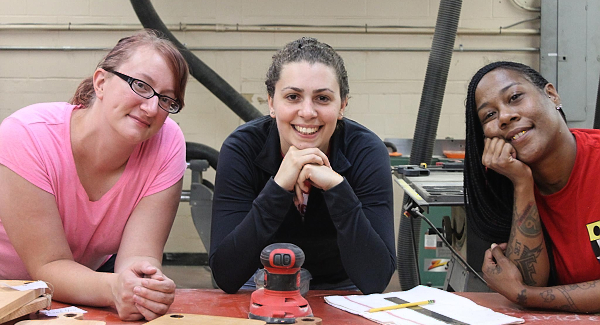 “During the summer months I attended the business programme of the network of businesses that belong to the Economy of Communion in the United States. So, in addition to the two-year course in Economics and Management that I was taking at the Sophia University Institute in the international town of Loppiano, Italy, I found myself in Indiana during the months of July and August. I only expected it to be an experience of scientific research. Instead, I found myself immersed in a series of activities, but also in the midst of a compelling personal adventure. (A reminder for the next times: How necessary it is to disarm ourselves of any expectations in order to embrace the full depth of every experience!) The internship for young people is held at Mundell & Associates Inc headquartered in Indianapolis, USA. But this year was something more: The interns could spend time and share their professional skills inside Project Lia, which is another EoC business that is developed along two tracks: social impact and environmental impact. It was really an extra bonus to be able to draw closer to this business sector as well.
“During the summer months I attended the business programme of the network of businesses that belong to the Economy of Communion in the United States. So, in addition to the two-year course in Economics and Management that I was taking at the Sophia University Institute in the international town of Loppiano, Italy, I found myself in Indiana during the months of July and August. I only expected it to be an experience of scientific research. Instead, I found myself immersed in a series of activities, but also in the midst of a compelling personal adventure. (A reminder for the next times: How necessary it is to disarm ourselves of any expectations in order to embrace the full depth of every experience!) The internship for young people is held at Mundell & Associates Inc headquartered in Indianapolis, USA. But this year was something more: The interns could spend time and share their professional skills inside Project Lia, which is another EoC business that is developed along two tracks: social impact and environmental impact. It was really an extra bonus to be able to draw closer to this business sector as well. 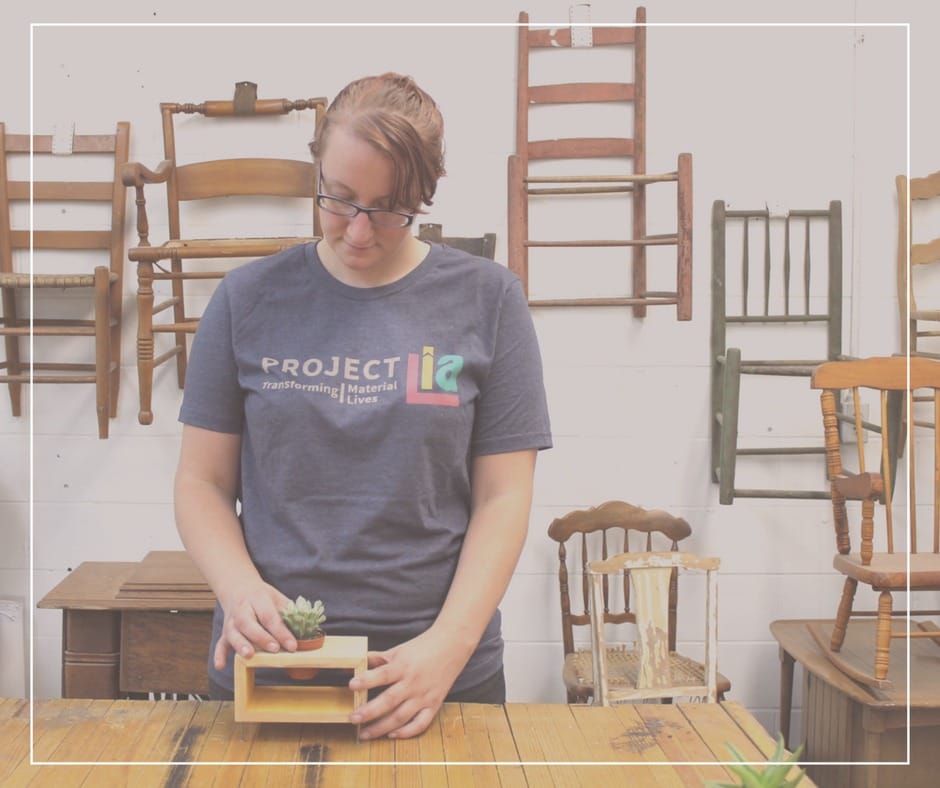 I’d like to share a couple of thoughts. First of all, I think that one of the most important things about studying, observing, practicing and promoting the EoC is the will to collaborate. In order to enter into the relational dynamic of this proposal, it is necessary to open one’s heart, mind and eyes to those small details that make each day something extraordinary: mutual encouragement and a welcoming smile, recognizing the value and the humanity of the other person, the personal encounter with people you never knew before, the ability to wonder, striving for a balance among the different aspects of life, the decision to appreciate every learning opportunity, to assimilate new information, to recognize and support the change that is taking place, to take part in the transformation of obsolete concepts. EoC is an economic proposal that is different from the others, because it is managed by a diverse group of people. It’s not the model in itself, but the people that constitute the center of all the action.
I’d like to share a couple of thoughts. First of all, I think that one of the most important things about studying, observing, practicing and promoting the EoC is the will to collaborate. In order to enter into the relational dynamic of this proposal, it is necessary to open one’s heart, mind and eyes to those small details that make each day something extraordinary: mutual encouragement and a welcoming smile, recognizing the value and the humanity of the other person, the personal encounter with people you never knew before, the ability to wonder, striving for a balance among the different aspects of life, the decision to appreciate every learning opportunity, to assimilate new information, to recognize and support the change that is taking place, to take part in the transformation of obsolete concepts. EoC is an economic proposal that is different from the others, because it is managed by a diverse group of people. It’s not the model in itself, but the people that constitute the center of all the action. 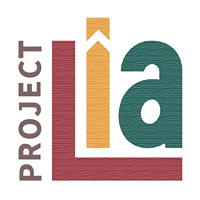 At the conclusion, when I was getting ready to leave I asked myself: How will I describe this experience? The internship was very demanding: the encounter with Project Lia, an innovative business experience, had given me so much. Among other things, working so closely with Elizabeth Wallin, who had begun the project, I saw myself in the future being able to face and overcome challenges and difficult moments. I so much appreciate the time that I had to learn her story: it permitted me to understand business, but also to enter into contact with what is the essence of a business that serves a social purpose. I saw that launching a start-up is quite an enriching process. It’s no secret that doing business is an ongoing Discovery of new things, a real battle. Watching Elizabeth, day after day, I admire her capacity to navigate in a sea of changes. Giving one’s life for a business is an activity that is born from intelligence, but also heart. To launch a project of the EoC society, you need to be able to step out of your comfort zone and encounter the others, just as they are. Patience is needed, humility and flexibility. When this path opens for me too, I’ll be a little closer to what I really am.” Source: Sophia University Institute sophiauniversity.org See also: Project Lia: Transforming Lives
At the conclusion, when I was getting ready to leave I asked myself: How will I describe this experience? The internship was very demanding: the encounter with Project Lia, an innovative business experience, had given me so much. Among other things, working so closely with Elizabeth Wallin, who had begun the project, I saw myself in the future being able to face and overcome challenges and difficult moments. I so much appreciate the time that I had to learn her story: it permitted me to understand business, but also to enter into contact with what is the essence of a business that serves a social purpose. I saw that launching a start-up is quite an enriching process. It’s no secret that doing business is an ongoing Discovery of new things, a real battle. Watching Elizabeth, day after day, I admire her capacity to navigate in a sea of changes. Giving one’s life for a business is an activity that is born from intelligence, but also heart. To launch a project of the EoC society, you need to be able to step out of your comfort zone and encounter the others, just as they are. Patience is needed, humility and flexibility. When this path opens for me too, I’ll be a little closer to what I really am.” Source: Sophia University Institute sophiauniversity.org See also: Project Lia: Transforming Lives
Initiate the culture of giving
Initiate the culture of giving

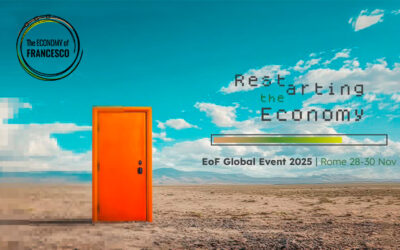
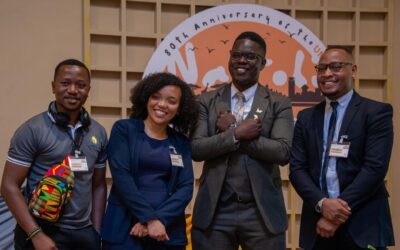

0 Comments